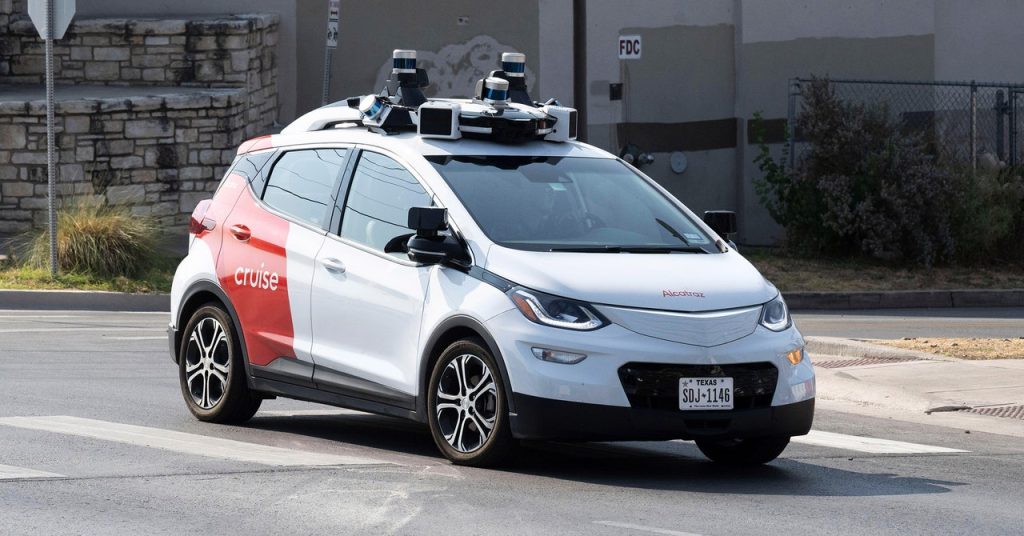Jeff Farrah, CEO of lobbying group the Autonomous Vehicle Industry Association, which counts Waymo, Cruise, and other self-driving developers in its membership, says keeping motor vehicle regulation authority firmly in states’ hands is consistent with how vehicles have been regulated in the past. “Cities have a role to play in enforcing traffic laws, but life-saving AV technology cannot be scaled if dozens of cities are enacting contradictory regulations,” he says.
Seattle disagrees. The city is a test bed for vehicles in development from Amazon-owned Zoox and chipmaker Nvidia, and is one of the only US cities that runs its own autonomous vehicles test permitting program. City staff have pushed back on proposed state preemption laws for Washington state, arguing that local government should be able to set performance standards for self-driving car companies, and to require them to submit detailed data about their operations.
If an autonomous vehicle policy bill reemerges in the Washington State Legislature, the situation will be reminiscent of the turbulent entry of Uber and Lyft into US cities in the 2010s, says Armand Shahbazian, who heads up electric automated mobility issues in the Seattle Department of Transportation. Back then, ride-hail lobbyists were able to preempt many city laws from taking effect.
“We’re hoping to not repeat those mistakes for autonomous vehicles, while at the same time respecting that there’s a lot of use cases for autonomous vehicles that we would like to leverage,” Shahbazian says. Any relationships between cities and companies developing the technology should acknowledge that city staffers know the local traffic and infrastructure most intimately, and how a new kind of automated transportation might help most people, he argues. “We want to respect that this is really a city transportation issue at its heart.”
Waymo says city rules for autonomous vehicles are impractical. “You can imagine how untenable and arguably unsafe it would be if rules changed every time an autonomous vehicle crossed from one city to another,” Ellie Casson, Waymo’s head of city policy and government affairs, wrote in a statement advocating for “uniformity across jurisdictions.” Still, she added, “We pride ourselves in working closely with policymakers, regulators, and stakeholders at all levels of government.”
In a statement, Cruise spokesperson Navideh Forghani wrote that the company is “committed to engaging with regulators and stakeholders at all levels of government” about autonomous vehicle policy, and says it “will continue to be an important participant in policy discussions about the future of transportation.” The company’s vehicles remain inactive during what Cruise calls a “pause” as it reevaluates its safety procedures (and executive suite) following an October incident in which the state of California accused it of failing to disclose details of a crash that sent a woman to the hospital with serious injuries. Cruise has denied the accusation.
Despite the interruption in Cruise’s service, Castignoli, in Austin, is hopeful about the city’s relationship with robotaxi operators. “When we became organized and collaborative, it made it easier for the autonomous vehicle companies to work with us,” she says. Whether cities need the force of law to get the best out of that relationship is up for debate.
Read the full article here









